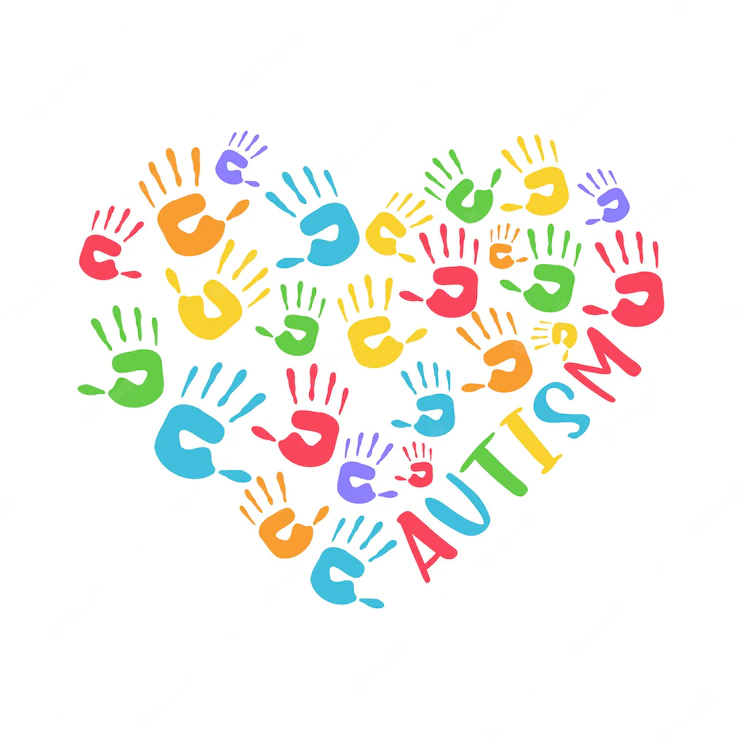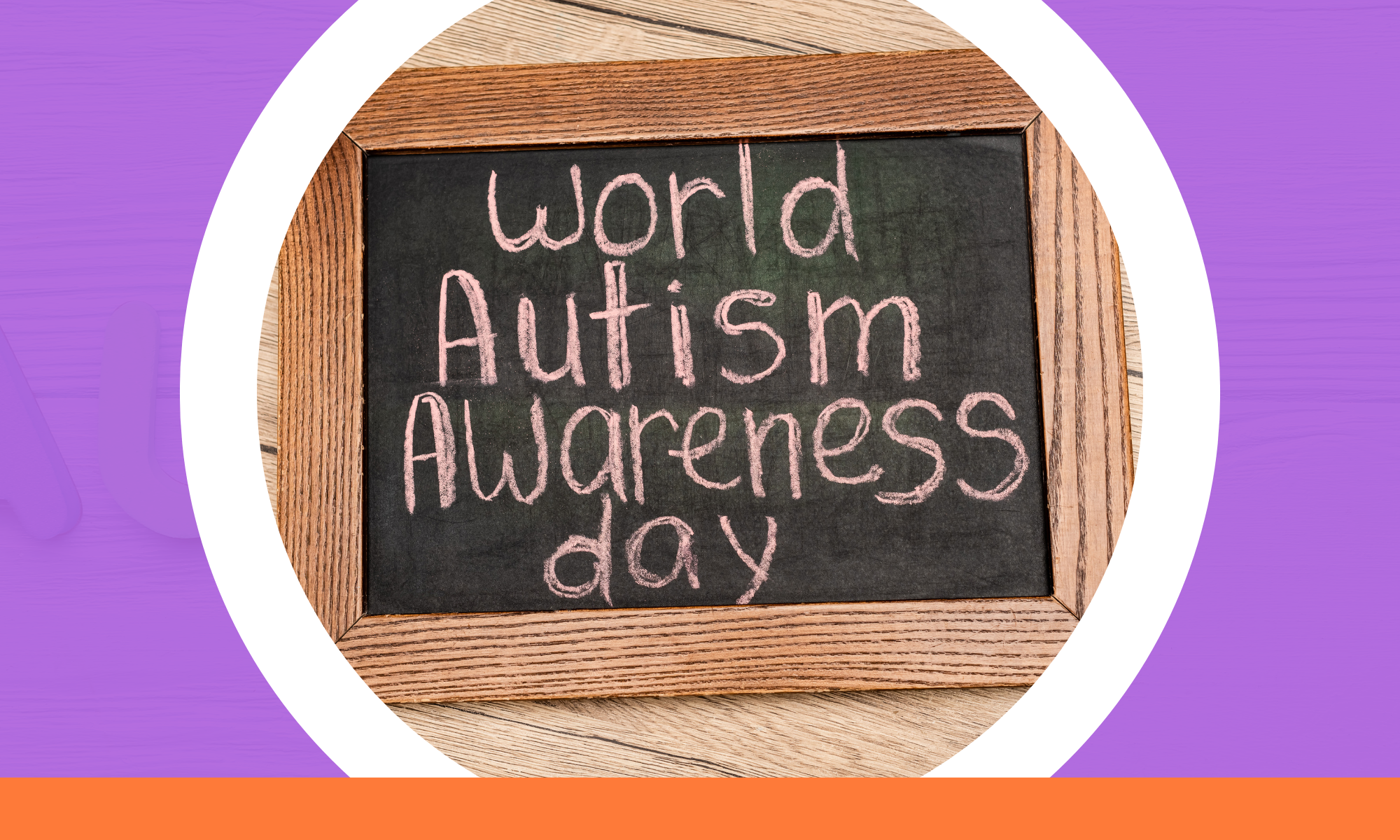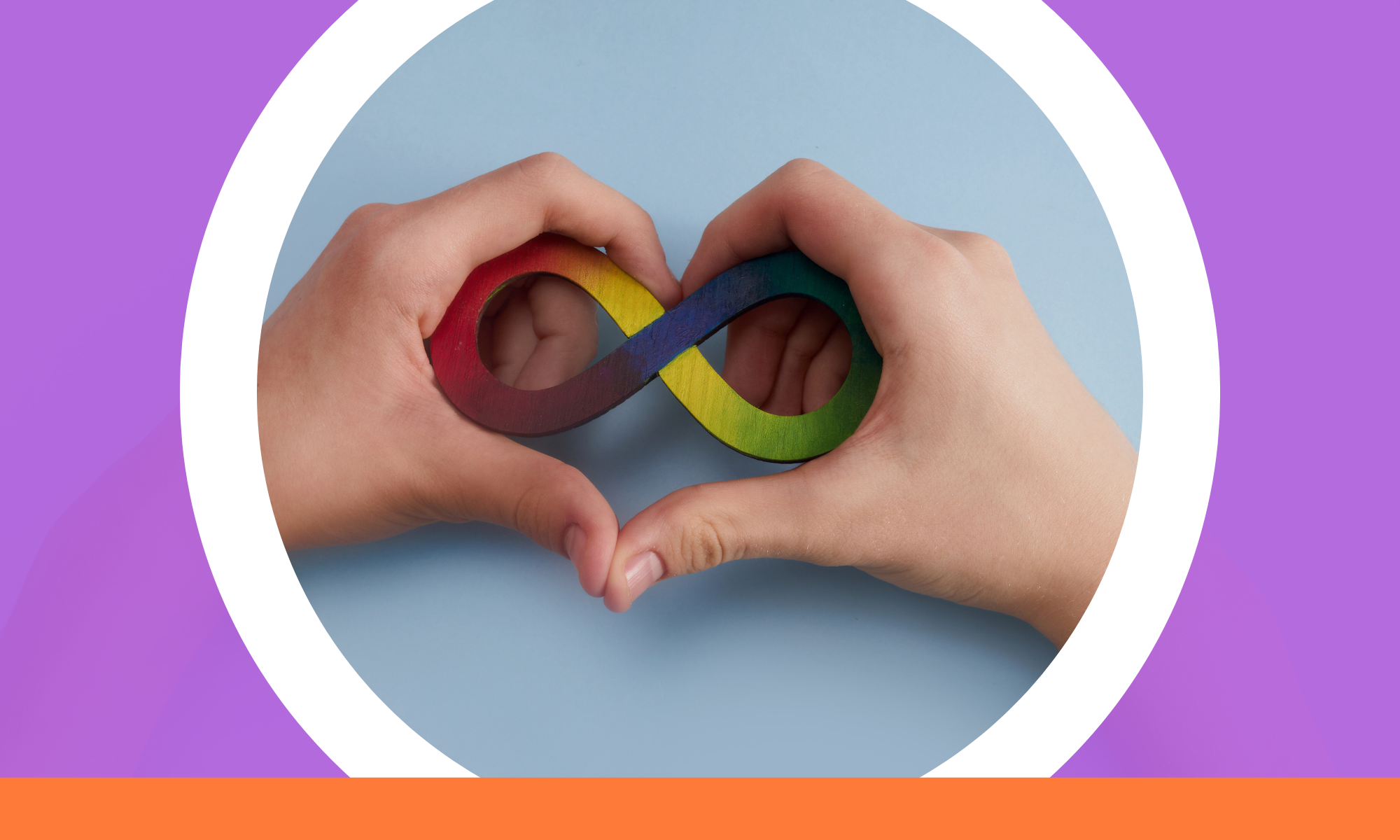World Autism Awareness Day
In 2007, The United Nations General Assembly unanimously declared April 2nd as World Autism Awareness Day. It’s aim is to highlight the need to help improve the quality of life for those with autism which should not prevent anyone from leading a full and meaningful life within society.
2024’s theme for Autism Awareness Day is “Moving from Surviving to Thriving“. In order to raise awareness, it’s important to first understand the different types of autism. With every individual’s experience being unique, learning the different types of autism is not only helpful but essential to developing successful treatment plans that can be tailored specifically for your loved one.
“Autism can’t define me. I define autism.” – Dr. Kerry Magro, Award Winning Speaker on Autism and Neurodiversity.
What are the Traits?

Traits of autism can vary, but common signs include certain behaviours around social interaction, communication and self-expression body language/stimming.
Children with autism may also have sensory differences, such as being sensitive to noise or light.
Support Available

It’s crucial for individuals with autism to receive support from a multidisciplinary team of professionals, including paediatricians, psychiatrists, and therapists.
Families and caregivers can also benefit from support groups and educational resources.
How You Can Celebrate World Autism Awareness Day
– Promote understanding and acceptance of the autistic community within your friend and family circles.
– Organise an activity or day out for the autistic person in your life.
– Educate yourself by reading books or watching videos relating to autism and different experiences.

The Different Types of Autism
Classic Autism
Classic autism or kanner’s syndrome, is a neurodevelopmental disorder. Classic autism affects communication and social behavior. It’s seen as a range of conditions as it can have an effect on people in different ways and may show up differently in each individual.
Common Traits of Classic Autism:
Support includes behavioral management therapy and cognitive behavior therapy depending on the needs. In Ireland, there are a variety of resources available for individuals and families. The HSE provides a range of services, including assessments, diagnosis, and support for children and adults. There are several non-profit organisations such as Autism Ireland, AsIAm, and the Irish Society for Autism that provide information, advocacy, and support.
1 in 65 or 1.5% of the school-going population in Ireland has a diagnosis of autism.
Pervasive Developmental Disorder-Not Otherwise Specified (PDD-NOS)
PDD-NOS is a term used to describe a group of disorders characterised by differences around socialisation and communication skills. It’s considered a milder form of autism. People with PDD-NOS often display traits of autism but do not meet the criteria for a specific diagnosis of autism.
Common Symptoms of PDD-NOS:
However, the characteristics of PDD-NOS can vary widely from person to person. It’s important for individuals with PDD-NOS to receive early intervention and support to help them overcome any challenges. Treatment typically involves a combination of behavioral therapy, speech therapy and skills training.
Rett Syndrome
Rett Syndrome is a rare genetic neurological disorder that affects the development of the brain. It primarily affects females.
Common Traits of Rett’s Syndrome:
There is currently no cure for Rett Syndrome, but there are supportive treatments that can help manage it and improve the quality of life. Support can involve medication for breathing irregularities, occupational therapy and physical therapy to prolong mobility.
Childhood Disintegrative Disorder
This is a rare condition that affects children between the ages of 3 and 4 years old. Children with this disorder will experience a significant loss of language, social, and motor skills that have been previously acquired.
Common Symptoms of Childhood Disintegrative Disorder:
Understanding the various types of autism is important as it can provide insight into what someone with autism experiences. As technology evolves and medical science progresses, the definitions and categories will likely expand and become even more finely tailored. While no two people with autism are the same, knowing the different types is a valuable step toward helping others who have it and understanding it in the best way possible.
Here at Autism Assessment Centre, when there is a question about your child’s functioning, we understand how important knowledge and trusted guidance can be. Whether there is a diagnosis or not, we will always take time to walk you through the process of getting help for your child. Our services include a multidisciplinary/ multi-factor assessment that results in a report and feedback session to guide you to the next steps.
Autism Assessment Centre
Understanding: We strive to make the process as easy and comfortable as possible.
Empathy: We always listen to and support the children and families who come to us.
Professionalism: Our clinicians are experts in their field.
Quality: Our reports are written to meet HSE standards.











